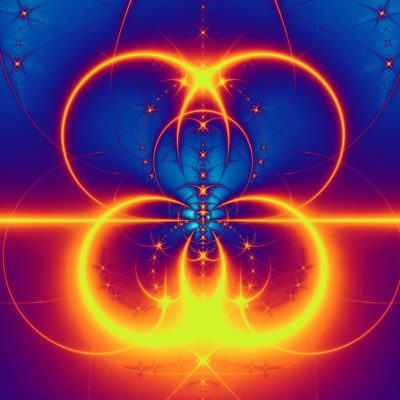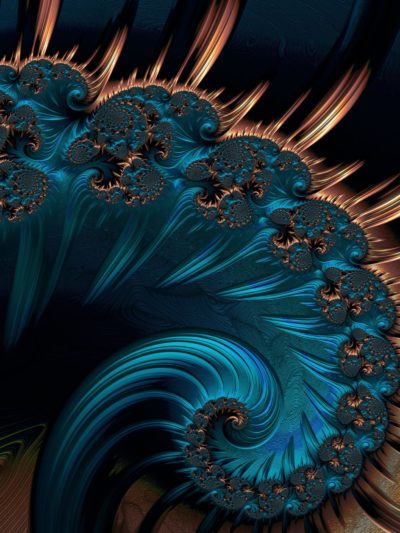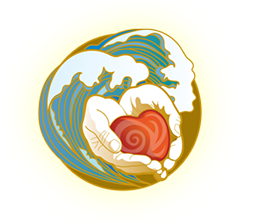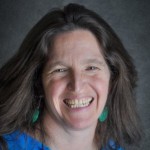
Last weekend, I was fortunate to be able attend Van der Wal’s seminar at the Colorado School of Energy Studies in Boulder, Colorado. Jaap Van der Wal combines his love of anatomy, embryology and anthroposophy (the philosophy of Rudolf Steiner) to create a unique view of the human body and human development. His lectures are eye-opening, inspiring and thought-provoking. I consider it a gift anytime anyone gets me to think outside my own box. Van der Wal has done that every time I’ve seen him. He reminds me that I have been taught to think of anatomy as a whole and particular anatomical structures in certain ways, but there are a thousand other ways to look at and understand the human body than the ways I have been taught.

Van der Wal is a master of shapes and spaces. He talks about the spaces the body makes and then folds into. He expounds upon the relationships of shapes and spaces to each other. One of the things I appreciate about Jaap is the way he calls out and makes sense of the rhythms that repeat at every stage of development. He helps me see the continuous unfoldment of life in relationship to itself, responding and shaping itself in response to outside forces and inside impulses.
I last attended a Van der Wal seminar in 2008, just before he began to share his newest discoveries about fascia with the world to great acclaim, growing his influence in the field even more. His passion and knowledge have not dimmed – he continues to illuminate our physical human bodies in ways that are magical, humorous and profound. His knowledge of the embryo continuously challenges his audiences to look at growth and development and life force in new ways. In doing so, he opens the door to seeing and being in the world differently.
In my own way, I have similar goals at the School of Inner Health. By focusing on Biodynamics, and the living immutable presence of life within us and around us, I hope to support students and practitioners to live in the world differently. Think about it – if you KNEW the whole world was alive and dynamic, how would you interact differently? How would you approach a situation you are struggling with if you knew that it could change? How would you greet a stranger if you recognized their innate Intelligence? If you recognized your own journey as one of life constantly unfolding and reorganizing within you, would you be kinder to yourself? What choices would you make if you choose to support aliveness? How would you stand if you knew your body was supporting you?
The inquiry goes on and on. The questions we ask and the doorways they open know no bounds. I am so grateful to be alive and have my life work be work that supports people to ask questions and find the answers that are right for them. Our classes show people so many routes to being more alive and capable, and in so doing, impact the world in big and small ways.
Don’t give up – life doesn’t.
Would you like to keep up to date with the happenings of the School of Inner Health and receive updates on upcoming courses, workshops, and trainings? Sign up for our newsletter here!
Also published on Medium.

